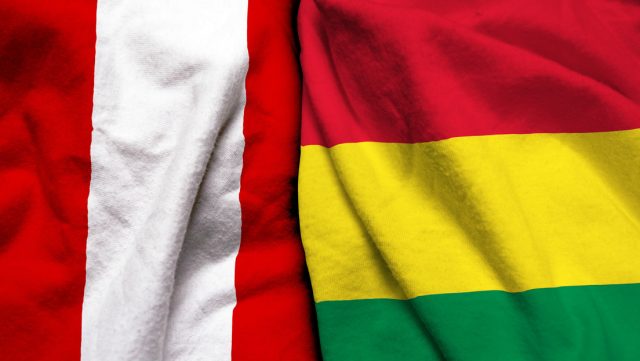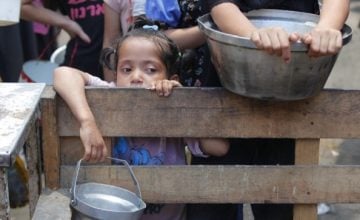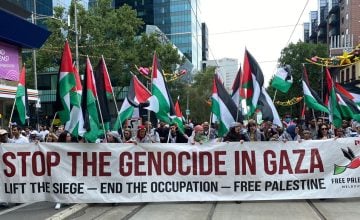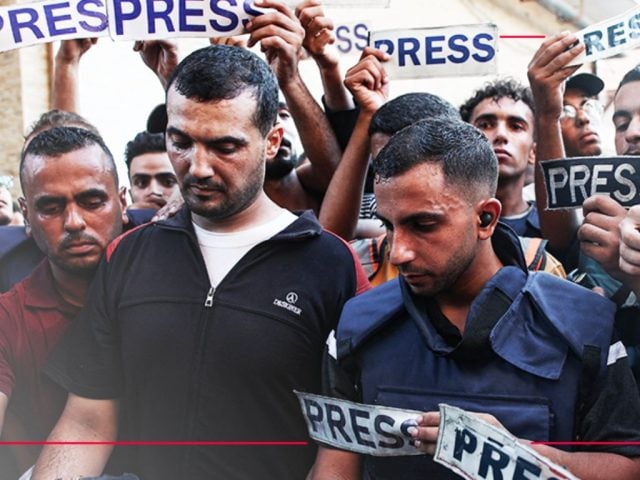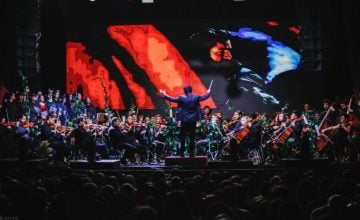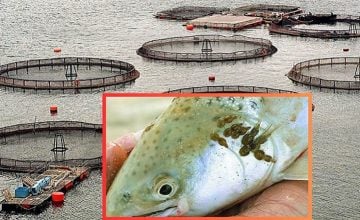The accusations between Peru and Bolivia, after the dismissal of former President Pedro Castillo, have been increasing in intensity for a month, until they escalated to the point of maximum tension that involves the foreign ministries of both countries and that puts the diplomatic relationship on edge.
The day before, La Paz responded through its social networks to Lima, which accuses it of committing acts of «interference» and intervening in its internal politics.
In a trill, the Bolivian Ministry of Foreign Affairs assured that it «respects international law and the principle of non-intervention», reports RT.
«We do not accept the insinuation of an alleged interference in the internal affairs of the Republic of Peru, with whom we maintain a historic relationship between brother nations», says the short text.
These affirmations are in response to a couple of tweets issued by Torre Tagle where it is reported that a note was delivered to the Bolivian ambassador in which «an energetic protest is transmitted» for the statements of the president of that country, Luis Arce, «about internal political issues».The rope tightens
In addition to his complaint, Lima maintains that «the Foreign Ministry is evaluating actions in the face of new acts of interference», so that new pronouncements could be made in the next few hours.
The most recent card, on the near future of the two nations, was put on the table by María del Carmen Alva, a congresswoman from the right-wing Acción Popular (Popular Action) party and president of the Congressional Foreign Relations Commission. After a meeting with Foreign Minister Ana Cecilia Gervasi, she did not rule out a break in diplomatic relations with Bolivia, reports La República.
Alva assured that during the summit of the Community of Latin American and Caribbean States (CELAC), which is being held in Argentina, the Peruvian Minister of Foreign Affairs will hold a meeting with her Bolivian counterpart, Rogelio Mayta, «to make a decision».Fingers pointing to Bolivia
In the convulsive atmosphere that exists in the streets of Peru, shaken by protests that demand the resignation of President Dina Boluarte, the closure of Congress and new elections, the Executive is pointing to La Paz. So far, 62 deaths have been recorded in the mobilizations, according to unofficial figures; and 56, according to the latest report from the Ombudsman’s Office.
In parallel, international organizations have warned about the excessive use of force by the security forces present in the demonstrations led by peasants from the south and east of the country, amid complaints of human rights violations.
Different members of the Peruvian Cabinet agree with sectors of the extreme right in classifying the neighboring country as a destabilizing factor that, for months, has been heating up the atmosphere for the demonstrations to take place and has even provided the weapons with which some of the participants in the marches have been murdered.
The most recent affirmations in this direction were made by the right-wing deputy Ernesto Bustamante who proposed a military invasion of Bolivia as a way out, if it did not heed Boluarte’s ultimatum to «stop material and financial support to terrorists in Peru».
Already last week, the president of the Council of Ministers of Peru, Alberto Otálora, said that there were «indications and evidence» that projectiles and weapons from the neighboring nation were used during the protests.
This Tuesday, President Boluarte told the international press that the Government has received «unofficial information» indicating that some of the deaths in the protests were the result of being hit by ‘Dum Dum’ bullets, a type of projectile that «the police does not use». In this sense, she warned that this type of weapon could have entered through the border with Bolivia «brought by the Ponchos Rojos» (Red Ponchos), a group of Bolivian indigenous people who support the political proposals of Evo Morales. That is why she asked the Prosecutor’s Office to «accelerate the investigations» to «find out the truth».
However, these accusations, without public evidence for now, seem to delegitimize the existence of the protesters who have left their remote towns so as to march to the Peruvian capital to demand to be taken into account by the State, after years of neglect.
What has Bolivia said?
A day before the response to Lima through the Twitter account of the Bolivian Foreign Ministry, the media released a statement by President Luis Arce, where he mentioned the nearby conflicts and made reference to his neighboring countries.
«In Peru, where we have the Peruvian people in a fight to recover their democracy, and also to recover the right to elect a government that represents them», said the Bolivian president.
For the Peruvian Ministry of Foreign Relations, this is an «unacceptable interference in matters that only concern Peruvians», according to his recent tweets.
On December 7, Arce also spoke out against the dismissal of Castillo and expressed his support for him, through several tweets where he wrote that «from the beginning» the Peruvian right had tried to «overthrow a government democratically elected by the people».
Although this has been the most direct exchange after the worsening of the Peruvian political crisis, since the rural teacher achieved victory in the 2021 elections, the opposition sectors and, more recently, the prime minister of that country have cataloged the former Bolivian president , Evo Morales, as the «brain» of a destabilization operation that has been refined with each visit he has made to the neighboring territory.
There were so many accusations against him that, at the beginning of January, the leader of the Movimiento al Socialismo (MAS) was prohibited from entering Peru because his presence was considered to affect national security and internal order. However, Castillo’s followers began the protests as soon as the decision to declare the ‘vacancy’ was known and, already in 2021, they had taken Lima to wait for the results that gave Castillo the presidency, and for these results to be made public, so that there was no turning back.
